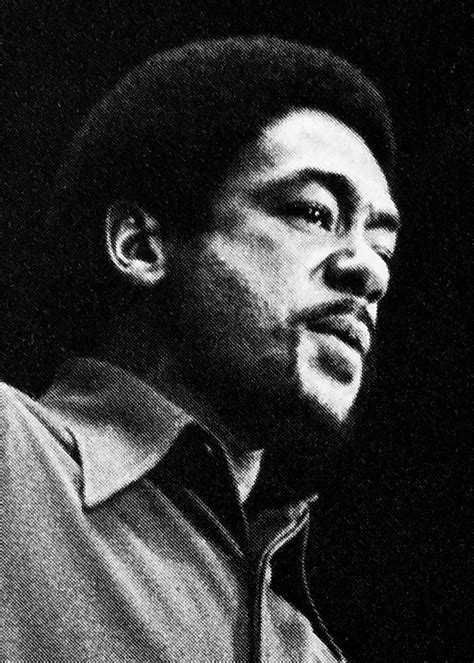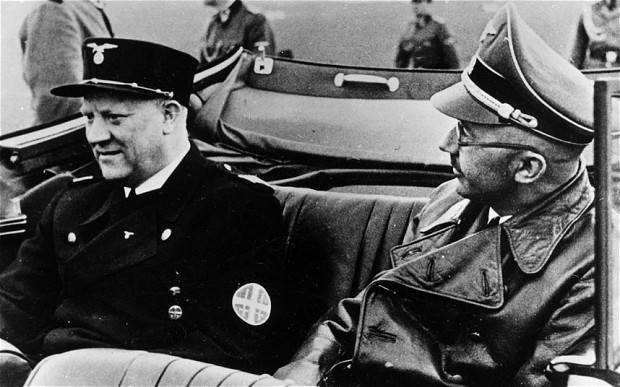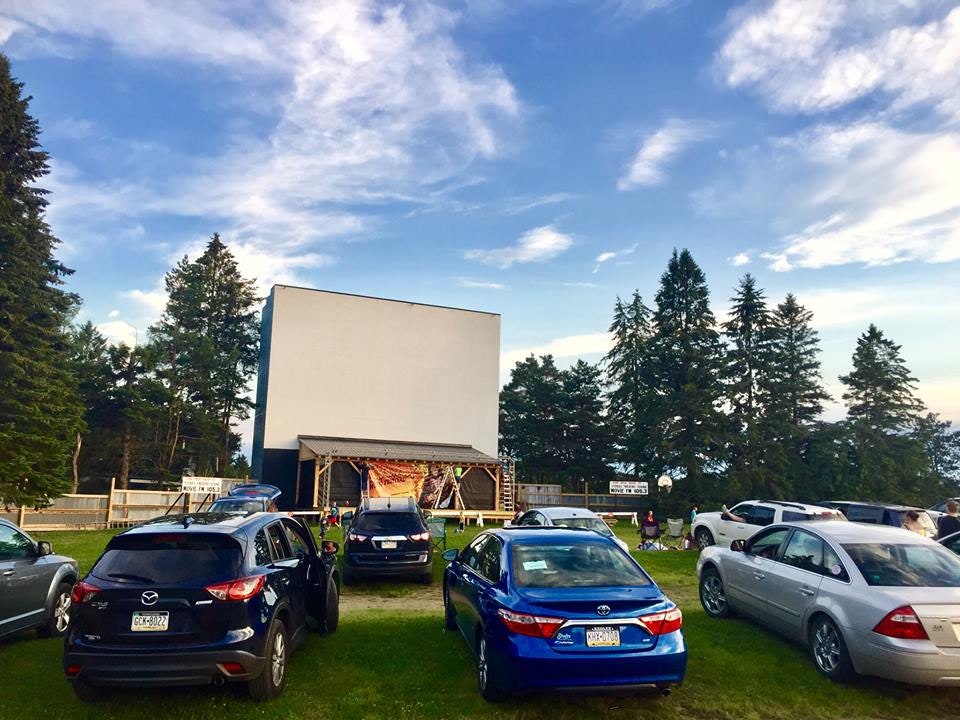
Thursday October 22
So much time can be wasted quarreling with corporate entities over their charges. Ergo, I have put in lots of time fighting with Optimum and trying to get American Express (which handles my automatic billing) to understand a dispute over an $80 charge that dates to early August. Optimum sent a postcard saying that I must pay the $80 within two days or my service might be discontinued.
All of these billing and dispute departments are undoubtedly staffed by underpaid and over-harassed staff. The Optimum guy, Greg, finally reassured me that his supervisor had told him that the $80 charge had been expunged. I doubt that this is the end of it. (At 7:50 p.m., Greg called again to say that the $80 charge had definitely been erased.)
Otherwise, a lovely day, sunny with a high of 68 degrees. Emily and I went for a walk in nearby Maidstone Park, where there were few others. Then came a drive down to Gerard Drive, where the bay beaches were unoccupied. We saw one lonely kayaker and, a bit later, one paddle boarder in the water.
Two days ago, we got our latest Stop-and-Shop/Peapod grocery delivery. The previous delivery had come at 10 p.m.—which is to say well after sunset. In the dark, we had to wrangle 12 to 15 bags of stuff into the house (they leave it outside, socially distanced from us) and then put some into our quarantine space and other stuff into the fridge. We were able to arrange a midday delivery on Tuesday, which was much easier to handle. As ever, though, we worried that they’d deliver in the middle of a rainstorm. It was sprinkling, having rained much, much harder overnight and into the morning hours. Stop-and-Shop has gotten better about their “out-of-stock” surprises: This time, there were only two ordered items missing.
Netflix’ The Trial of the Chicago 7 is surprisingly interesting, but it leaves many questions unanswered. Some will recall the circus of a “trial” of the alleged organizers of massive antiwar demonstrations at the 1968 Democratic National Convention. At the time of the courtroom antics, it was hard to say just who was more interested in putting on a theater-of-the-absurd show—the student-age defendants or the nutso federal judge, Julius Hoffman. There were eight original defendants, including Black Panther Bobby Seale, who genuinely had very little to do with the demonstrations. After being denied a lawyer, mouthing off at the judge, and being gagged and chained to his chair, Seale was allowed a separate trial. Five of the remaining defendants were each sentenced to five years in prison for inciting violence—and all of them and their attorneys faced separate contempt-of-court charges as well. But in the end, a higher court dismissed the convictions, and the U.S. attorney declined to retry the case.
Why was the judge so off-the-wall? How did he imagine he’d get away with such flagrant violations of the defendants’ constitutional rights—including freedom of speech and the right to counsel? According to the Netflix show, Seale, whose attorney Charles Garry was absent due to emergency surgery, was repeatedly told he should just accept representation by the lawyers who were already there, William Kunstler and Leonard Weinglass. This was entirely improper, and Kunstler rightly refused to play along.
I remember the televised street fighting right outside of the Conrad Hilton Hotel. But were Tom Hayden and Rennie Davis in fact as prominently involved here as Netflix suggests? And did the Chicago cops and National Guard intentionally let them into the area in order to trap them? Or did I misunderstand the Netflix script?
Dinner: Mozzarella cheese and tomatoes, accompanied by cold sesame noodles.
Entertainment: We’re not finding much of interest that’s new, so more episodes of Better Call Saul and All Creatures Great and Small.



